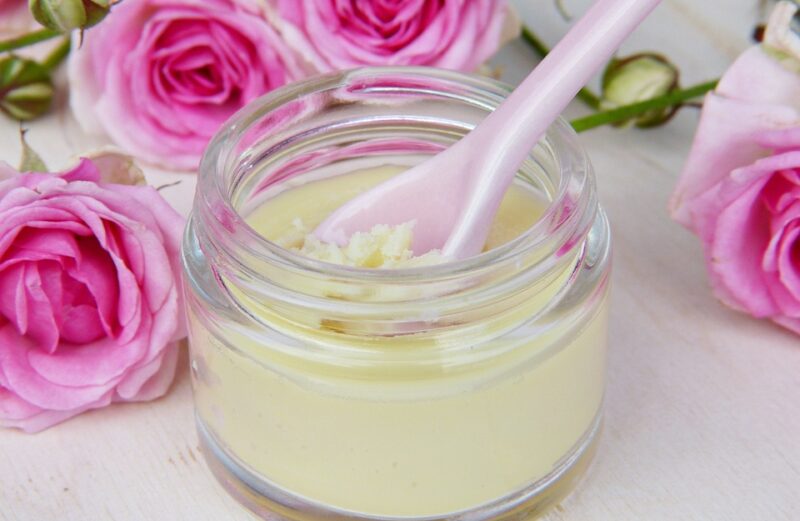Table of Contents
Breaking Down Common Myths About Acne
Acne is a common skin condition that affects millions of people worldwide. Despite its prevalence, there are many misconceptions and myths surrounding acne that can lead to frustration, embarrassment, and ineffective treatment. In this article, we’ll explore some of the most common myths about acne and set the record straight.
Myth #1: Acne is Caused by Poor Hygiene
One of the most persistent myths about acne is that it’s caused by poor hygiene. This myth suggests that people who get acne are simply not washing their faces enough or not using the right products. However, the truth is that acne is a complex condition that is influenced by a combination of factors, including genetics, hormones, and environmental triggers. While good hygiene practices are important for maintaining healthy skin, they are not the primary cause of acne.
Myth #2: Acne is a Sign of Poor Diet
Another common myth about acne is that it’s caused by poor diet. This myth suggests that people who eat a lot of junk food, sugar, or dairy products are more likely to develop acne. While a healthy diet is important for overall health, there is no scientific evidence to support the claim that diet is a primary cause of acne. In fact, many people who eat a balanced diet still develop acne, and many people who have acne eat a healthy diet.
Myth #3: Acne is Only a Problem for Teenagers
Many people believe that acne is a problem that only affects teenagers. However, this myth is simply not true. Acne can affect people of all ages, from children to adults. In fact, many adults develop acne in their 20s, 30s, and 40s, often due to hormonal changes, stress, or other factors.
Myth #4: Acne is a Sign of Poor Skin Care
Another myth about acne is that it’s a sign of poor skin care. This myth suggests that people who get acne are simply not taking good care of their skin. However, the truth is that acne is a complex condition that is influenced by a combination of factors, including genetics, hormones, and environmental triggers. Even people who have a good skin care routine can still develop acne.
Myth #5: Acne Can Be Cured with Over-the-Counter Products
Finally, many people believe that acne can be cured with over-the-counter (OTC) products. While OTC products can help to manage acne, they are not a cure-all. In fact, many people who use OTC products may not see significant improvement in their acne, and may even experience side effects such as dryness, irritation, or sensitivity. For more severe cases of acne, prescription treatments may be necessary to achieve optimal results.
Conclusion
In conclusion, breaking down common myths about acne is an important step in understanding and managing this complex skin condition. By separating fact from fiction, we can develop more effective treatment plans and improve our overall understanding of acne. Remember, acne is a common condition that affects people of all ages, and it’s not caused by poor hygiene, poor diet, or poor skin care. With the right treatment and self-care, it’s possible to manage acne and achieve healthy, clear skin.
Recommended Products
-
Product on sale
 CeraVe Acne Control Cleanser – 237mlOriginal price was: KD9.000.KD8.000Current price is: KD8.000.
CeraVe Acne Control Cleanser – 237mlOriginal price was: KD9.000.KD8.000Current price is: KD8.000. -
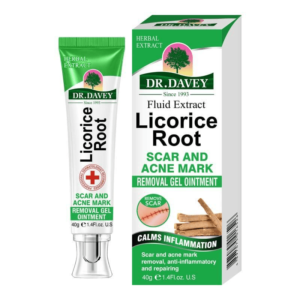 Dr. Davey Licorice Root Scar & Acne Removal Gel Ointment – 40gKD2.500
Dr. Davey Licorice Root Scar & Acne Removal Gel Ointment – 40gKD2.500 -
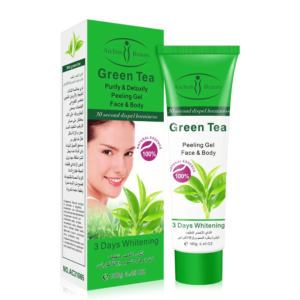 Aichun Beauty Green Tea Peeling Gel Face & Body – 100gKD2.490
Aichun Beauty Green Tea Peeling Gel Face & Body – 100gKD2.490 -
Product on sale
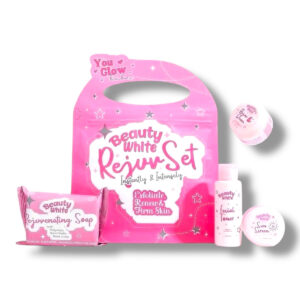 You Glow Babe Beauty White REJUV SETOriginal price was: KD8.000.KD6.000Current price is: KD6.000.
You Glow Babe Beauty White REJUV SETOriginal price was: KD8.000.KD6.000Current price is: KD6.000. -
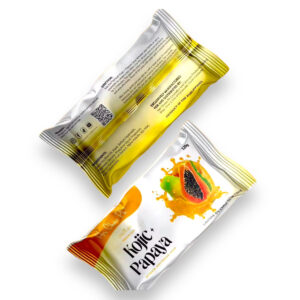 Her Choice Kojic Papaya Soap 120gKD2.500
Her Choice Kojic Papaya Soap 120gKD2.500 -
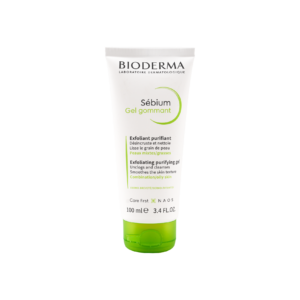 BIODERMA SEBIUM EXFOLIATING GEL 100MLKD6.560
BIODERMA SEBIUM EXFOLIATING GEL 100MLKD6.560 -
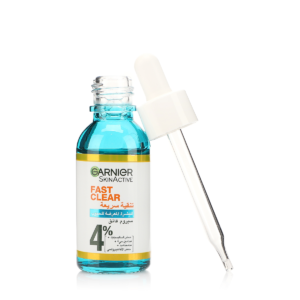 Garnier Fast Clear Serum 15mlKD2.760
Garnier Fast Clear Serum 15mlKD2.760 -
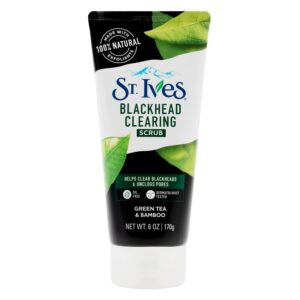 St.Ives Blackhead Clearing Scrub 170g – Green Tea & BambooKD3.720
St.Ives Blackhead Clearing Scrub 170g – Green Tea & BambooKD3.720 -
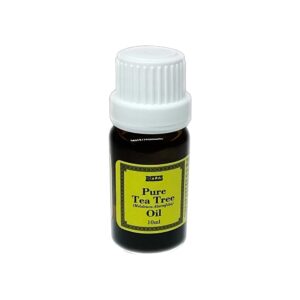 Bells Pure Tea Tree Oil 10mlKD3.000
Bells Pure Tea Tree Oil 10mlKD3.000

